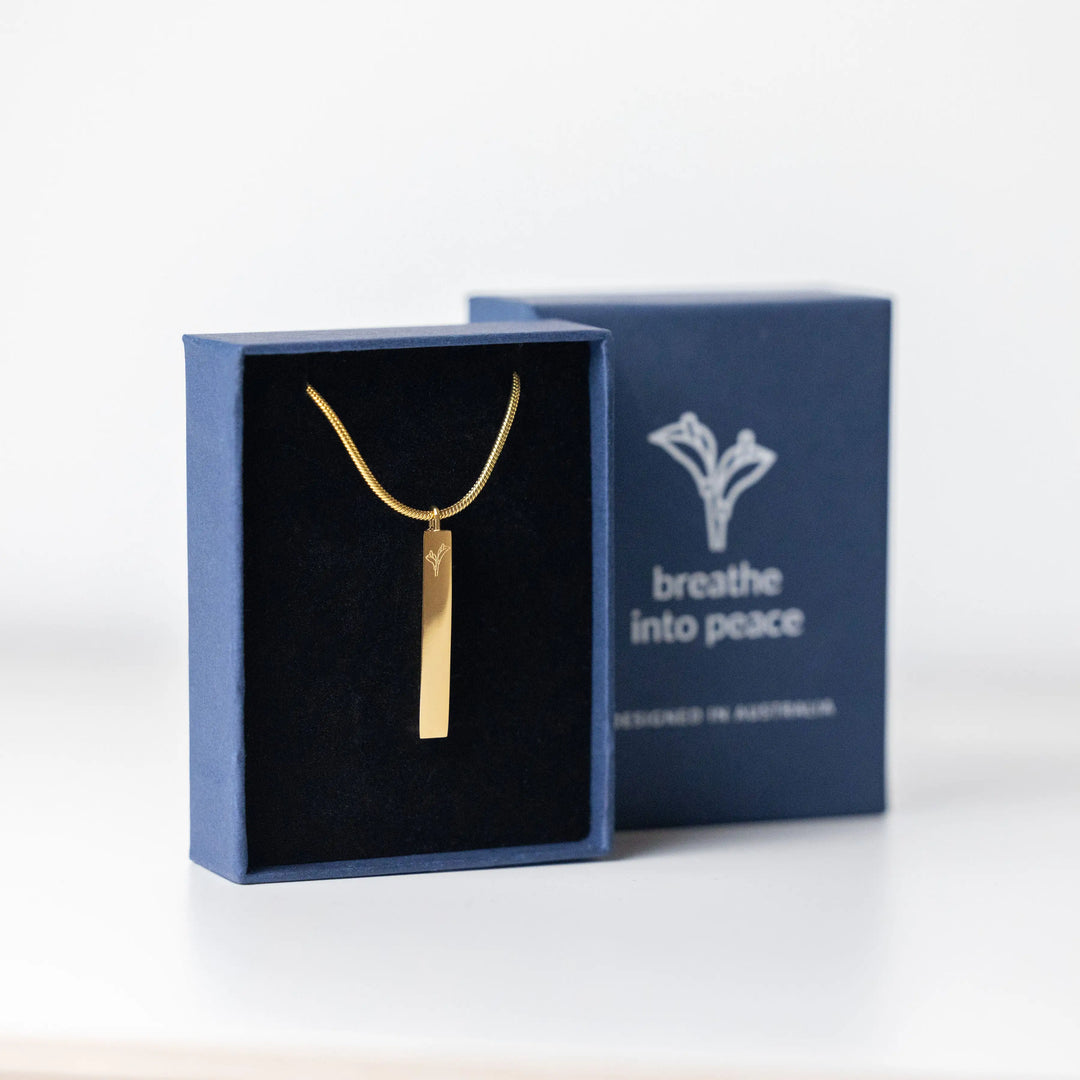Thriving at Work - Cultivating Mindfulness and Well-being in Your Professional Life
Understanding Work-Related Stress | Signs of Work-Related Anxiety | Strategies for Thriving at Work | Final Word
We’re all so busy with work nowadays that it’s easy to find ourselves merely surviving the workday instead of living. The distinction lies in our mental and emotional state. To thrive and flourish, we must find joy and fulfillment in our daily tasks and maintain that sense of balance despite the pressure and the deadlines. Achieving this state is deeply intertwined with mindfulness and self-awareness, principles at the heart of fulfilling work experiences.
Understanding Work-Related Stress
The modern workplace can be a source of significant stress, with challenges ranging from tight deadlines to complex interpersonal dynamics. This stress can take a toll not only on our job performance but also on our mental health. Recognising the early signs of work-related anxiety is crucial for taking proactive steps toward well-being.
Signs of Work-Related Anxiety
Work-related anxiety is a common experience for many individuals, stemming from various aspects of professional life. Recognising the signs is the first step toward managing it effectively. Here are some key indicators:
Excessive Worrying
Constant concern about work tasks, deadlines, or interactions at work, even when there’s no immediate threat or reasons for concern. This worrying can be pervasive, affecting your ability to focus and be present in non-work related situations.
Difficulty Concentrating
Anxiety can scatter your thoughts, making it challenging to focus on tasks. You might find yourself jumping from one worry to another which can decrease productivity and increase feelings of stress.
Irritability or Restlessness
Feeling on edge or easily annoyed by small issues at work can be a sign of underlying anxiety. This restlessness may also make it hard to relax, even during breaks or after work hours.
Physical Symptoms
Anxiety doesn’t just affect your mind, it can manifest physically. Common symptoms include headaches, muscle tension, stomach issues, or fatigue. These are often responses to the chronic stress that anxiety produces.
Avoidance Behavior
Procrastinating on tasks, especially those perceived as stressful or challenging is a common sign. Avoid attending meetings or engaging in conversations that could be stressful.
Sleep Disturbances
Trouble falling asleep or staying asleep, often due to an inability to “turn off” work-related thoughts is a clear indicator of anxiety. Quality sleep is crucial for managing stress so that disturbances can create a vicious cycle of anxiety.
Impaired Performance
Anxiety can lead to a decrease in job performance as the constant state of worry and stress takes a toll on your ability to complete tasks effectively.
Emotional Exhaustion
Feeling drained, burnt out, or emotionally depleted can be a sign of prolonged anxiety. This exhaustion affects not just your work but your overall sense of well-being.
Social Withdrawal
Withdrawing from social interactions at work or in your personal life can be a coping mechanism for anxiety. This might include skipping social events, lunch with colleagues, or even remote communication in a virtual work setting.
Panic Attacks
In severe cases, work-related anxiety can lead to panic attacks, characterised by intense periods of fear or discomfort, rapid heartbeat, sweating, shaking, and other acute symptoms.
Recognising these signs is the first step in managing work-related anxiety. It’s important to address these symptoms early on by seeking support, whether through professional help, mindfulness practices, or writing in an anxiety journal. Adopting a holistic approach like regular self-care can significantly mitigate the impact of work-related anxiety in your life.
Strategies for Thriving at Work
Here are some ways you can combat anxiety and thrive at work:
Mindful Mornings
Begin each day with a purposeful pause. Utilise tools like a journal or an anxiety necklace to anchor your morning routine in calmness and intention. Engage with journal prompts designed to help you set positive and achievable goals for the day ahead. This practice lays a foundation of mindfulness that supports a day filled with clarity and purpose.
Create a Balanced Workspace
The spaces where we work can significantly impact our stress levels and ability to thrive. Dedicate time to organising your physical and digital workspaces by creating an environment that minimises stress. Incorporate personal comfort items such as plants, fidget toys, or music, to create a sanctuary of serenity amidst the chaos of work.
Mindful Breaks
Regular, short breaks infused with mindful practices can be transformative. They offer a moment to reset and refocus which is essential for maintaining sustained attention and energy throughout the day. You can keep tools by the desk to help you recenter like a Zen sand garden, a breathing necklace, or a stress ball.
Manage your Time
Prioritise tasks and manage your time effectively to reduce feelings of being overwhelmed. More than anything, being overwhelmed makes you freeze and stops you from becoming productive. Break larger tasks into smaller and manageable steps and use tools like to-do lists or digital planners to stay organised.
Effective Communication
The quality of our interactions at work can greatly influence our sense of well-being. Cultivate a style of communication that is both assertive and compassionate. The goal is to foster positive relationships with colleagues without crossing your boundaries. Use journaling to reflect on these interactions and explore ways to enhance collaborative efforts.
Prioritize Self-Care
Prioritising self-care is non-negotiable for any aspect of your life - even at work. Whether it’s a brief walk, a moment of meditation, or a creative pursuit, find activities that replenish your mental and emotional reserves. Integrate these practices in your workday to ensure a continuous source of energy.
Seek Support
Do not hesitate to seek support from people you trust. They don’t have to be your colleagues - they can be people from outside work who you can share problems with. A problem shared is a problem halved and often, others are willing to help, offer solutions, or just be an attentive soundboard.
Final Word
Thriving at work is an attainable goal - one that requires intention, mindfulness, and the right tools. By integrating strategies such as personalised workspaces and self-care, we can set the stage for a professional life characterised by growth and satisfaction. Tools like the breathing necklace stand as allies in reaching this goal, offering support and reminding us of the power of mindfulness.





Leave a comment